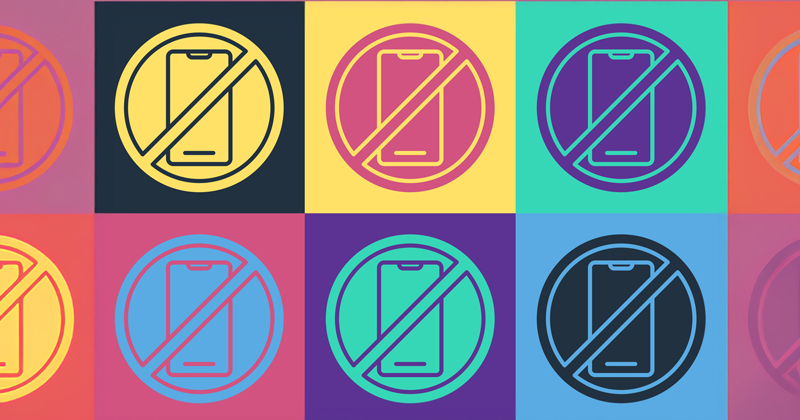The Netflix series Adolescence has created a new wave of political pressure for a national ban on smartphones in schools. So what does the research say?
As with most complex societal issues, the answer isn’t a simple one. In truth, smartphone usage in school affects student engagement in positive as well as negative ways.
While devices can lead to distractions, reduced participation and lower academic performance, they can also serve as effective educational tools. What we need, as an evidence-based profession, is to understand the research in order to devise effective strategies.
First, we must be clear about what we mean by engagement. This single word actually stands in for attention, participation, and motivation, each of which has its own drivers and its own relationship with mobile technology.
Second, smartphones themselves can’t be easily dismissed as distractions. Students increasingly rely on them not just for entertainment but also for communication and information.
Rightly, pure entertainment has little value in classrooms, but removing phones altogether comes with a trade-off; we also lose their other two valuable uses.
The question then becomes one about those trade-offs, and whether the benefits outweigh the costs of managing responsible use in schools.
In terms of the benefits, several studies suggest that mobile phones can in fact enhance classroom engagement.
For example, the interactive learning tools they enable can increase student interest and participation. One recent study found that 40 per cent of students find educational apps helpful in engaging with subjects like math and science.
Instant access to information also allows students to conduct quick research (sustaining attention) and supports inquiry-based learning (promoting participation).
Creating time in the curriculum is likely to be far more beneficial
Meanwhile, communication tools can enhance collaboration, peer support and teacher feedback within and beyond the classroom, boosting all aspects of engagement. Another benefit is quick personalisation, which supports teachers and helps students stay motivated.
Having said all of that, several studies also point to the technology’s drawbacks.
Notifications, social media and gaming can all divert students’ attention from classroom activities. Indeed, studies indicate that multitasking with mobile devices reduces cognitive focus and memory retention.
Students who are preoccupied with their phones are obviously also less likely to engage in discussions, ask questions, or actively participate in learning tasks.
In addition, excessive phone use can lead to social isolation and increased anxiety related to on- and offline communication.
Small wonder then that research shows a correlation between high mobile phone usage during school hours and lower academic achievement. In fact, students who frequently used mobile phones for non-academic purposes scored lower in assessments compared to those who limited their usage.
Teachers agree. In a recent poll, 72 per cent reported that mobile phones significantly distract students, reducing participation in discussions.
And students themselves are dubious. Asked to use phones for collaborative learning, 65 per cent went on to admit that social media and messaging apps often disrupted their focus.
On balance then, it is not mobile phones themselves that reduce attention, participation and motivation but their misuse. Schools can off-set this by setting clear guidelines, incorporating the technology in structured ways, and educating students about responsible digital habits.
But this comes at a cost. These practices can take a long time to embed, and must be renewed with each new cohort.
A ban is obviously easier, but this misses the opportunity to teach students about responsible mobile phone use and to support them to develop important self-regulation skills.
This can’t all be the responsibility of schools. Parents must be partners in reinforcing responsible habits at home.
And here we come to the crux of the matter: The first major study of its kind, published last month in The Lancet, found that smartphone use was linked with poorer outcomes, but that school bans alone were ineffective in reducing this effect.
Interestingly, the curriculum and assessment review’s interim report, published last week, clearly states that technological developments “demand heightened media literacy”.
If the biggest challenge for schools is time, then creating that time in the curriculum is likely to be far more beneficial for all concerned than the one-and-done ‘solution’ of a ban.












Your thoughts